

POCKET POSH WORD POWER: 120 WORDS YOU SHOULD KNOW
Copyright 2011 by Wordnik. All rights reserved. No part of this book may be used or reproduced in any manner whatsoever without written permission except in the case of reprints in the context of reviews.
Andrews McMeel Publishing, LLC an Andrews McMeel Universal company 1130 Walnut Street, Kansas City, Missouri 64106
E-ISBN: 978-1-4494-0885-5
Library of Congress Control Number: 2010934820
www.andrewsmcmeel.com
Project Editor: Angela Tung
Illustration by Heather Bailey
ATTENTION: SCHOOLS AND BUSINESSES Andrews McMeel books are available at quantity discounts with bulk purchase for educational, business, or sales promotional use. For information, please e-mail the Andrews McMeel Publishing Special Sales Department:
preface
Its nearly impossible to make it through any amount of schooling without coming across the notion that a good vocabulary is a prerequisite for success. Words are the tools of thought, and the more (and more precise) tools you have, the more elegantly constructed your thoughts can be.
Of the millions of words in the English language, which are the ones that will add the most power, range, and precision to your speech and writing? There are plenty of delightful yet useless words in English (such as borborygmus, stomach rumbling, or wayzgoose, an annual picnic or pleasure excursion for printers); this book is not a collection of those.
Included here are the words used by good and careful writers, by exuberant and dashing writers, and (occasionally) by terrible and pretentious writers. The difference is that good writers take their time when adding new words to their vocabulary. They dont tackle them willy-nilly but ponder their definitions, sound out their pronunciations, and (most of all) look to other writers for examples of how best to use them; we all learn best by example.
So here you will find the words that will give you the best return for your investment of time and effort (in terms of expressiveness, erudition, and eloquence), explained not only by traditional definitions but also with examples from sources both contemporary and historical. Enjoy!
Erin McKean, CEO, Wordnik.com

abrogate

verb
To keep clear of; avoid.
To abolish summarily; annul by an authoritative act; repeal. Applied specifically to the repeal of laws, customs, etc., whether expressly or by establishing something inconsistent therewith.
adjective
Annulled; abolished.
Examples:
During the Constitutions ratification, Alexander Hamilton assured New Yorkers that the Constitution would never permit the federal government to alter or abrogate a states civil and criminal institutions [or] penetrate the recesses of domestic life, and control, in all respects, the private conduct of individuals. John Yoo, Gay Marriage: Leave It to the Voters, The Wall Street Journal, August 12, 2010
Still, he thought that you could probably trust Mr. Roosevelt and Comrade Stalin to abrogate liberty only just so much as was absolutely necessaryand always in the right direction, that is, to abrogate your opponents liberty rather than your own. Mary McCarthy, The Company She Keeps, 1939
Public outrage over their misbehavior was so vehement that the Senate voted to abrogate the companys defense contracts. Wordnik
In law, an act of abrogating, or abrogation, can be expressed or implied. Expressed abrogation is more pronounced by a new law in general or particular terms; impliedabrogation occurs when a new law contains provisions positively contrary to the former law.

affable

adjective
Expressing or betokening readiness to converse or be addressed; mild; benign: as an affable countenance.
Easy of conversation or approach; admitting others to intercourse without reserve; courteous; complaisant; of easy manners; kind or benevolent in manner; now usually applied to those high placed or in authority: as an affable prince.
Examples:
The volume trails away in affable narrated anecdotal sketches as if Dahl had lost interest in the craft of storytelling, as he seems to have lost the sting of vengefulness. Joyce Carol Oates, The Art of Vengeance, The New York Review of Books, April 26, 2007
I cant say its because I lead a particularly dark life; I lead a pretty stable life, [writer James Lasdun] says in affable tones from his home in Woodstock, where he lives with his wife, the author Pia Davis, and their two children. Susan Comninos, Author of the Anxious, Times Union, October 25, 2009
Erect and stiff, chest out, chin whiskers to front, eyes blinking independently, my uncle is superb. Or when he raises his hat with a large, outward gesture of his arm, bowing slightly from the shoulders, in affable salutation. Alvin Johnson, My Uncle, American Prose Selections, 1920
Affable is related to the word fame in that both share the Latin suffix fari, to speak.

affect

verb
To act on; produce an effect or a change on; influence; move or touch: as cold affects the body; loss affects our interests.
To make a show; put on airs; manifest affectation.
noun
Affection; passion; sensation; inclination; inward disposition or feeling.
State or condition of body; the way in which a thing is affected or disposed.
Emotion.
Examples:
What I do think the [new treatments] affect is the priority the public gives to the epidemic, the willingness to mobilize resources. Arlene Getz, The Epidemic Is Growing in Frightening Ways, Newsweek, July 5, 2002
There are women whom we affect to scorn with the full power of our contempt; but I doubt whether any woman sinks to a depth so low as that. She also may be a drunkard, and as such may more nearly move our pity and affect our hearts, but I do not think she ever becomes so nauseous a thing as the man that has abandoned all hopes of life for gin. Anthony Trollope, Orley Farm, 1861
Affect is often used interchangeablyand incorrectlywith effect. Affect is usually used as a verb; effect is more often used as a noun (meaning result or outcome). Affect is what you do; effect is what you get.

alacrity

noun
Liveliness; briskness; sprightliness.
Cheerful readiness or promptitude; cheerful willingness.
Next page
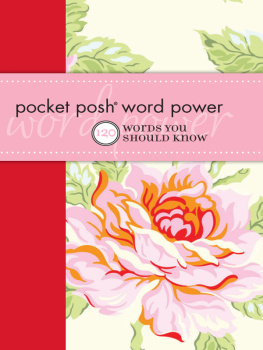
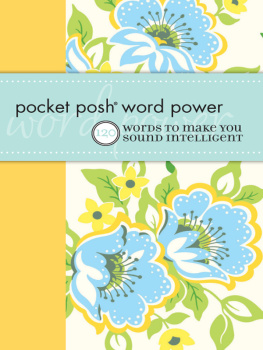
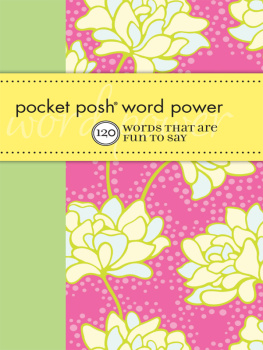





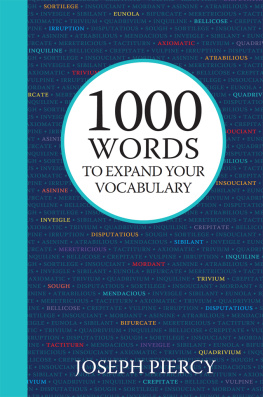



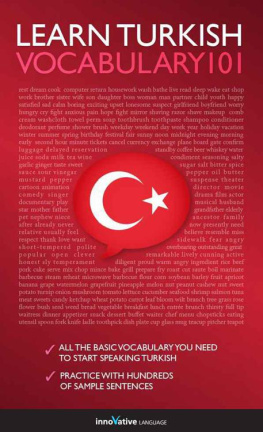


 abrogate
abrogate 
 affable
affable 
 affect
affect 
 alacrity
alacrity 